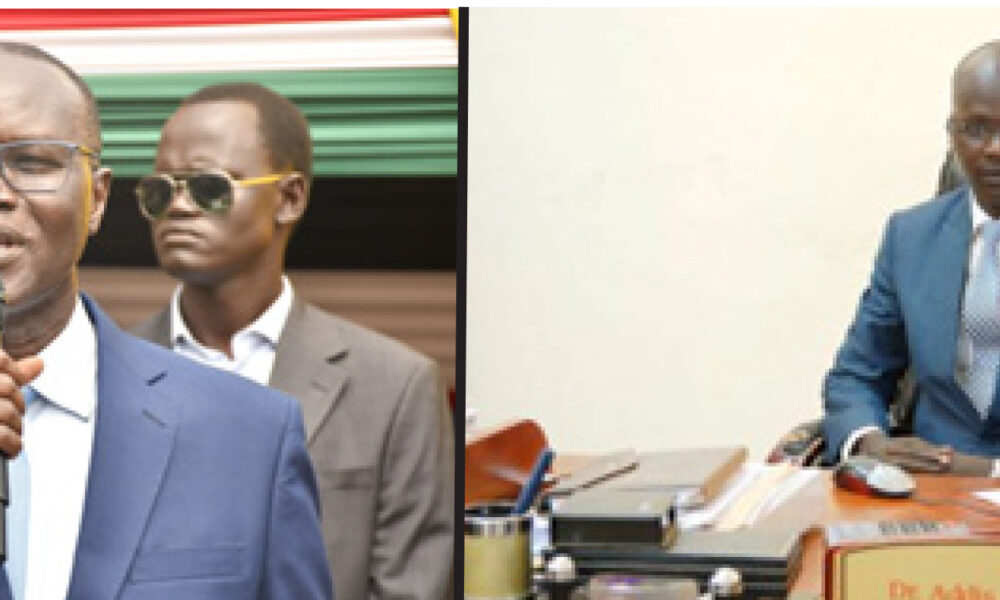
By Alan Clement
South Sudan’s parliament has resolved to summon the Minister of Finance and Central Bank Governor to explain logic behind salary delay.
The top Monetary officials are also expected to explained reason behind liquidity crisis despites reasonable revenue collection in the country.
Eyes have been set on whether the two officials will respond to the parliamentary summon, ready to answer all questions regarding the current economic crisis.
The South Sudanese Pounds (SSP) continue to lose its valve against other major currencies such as the United State Dollars (USD).
Controversy over salary transfers to commercial banks and the worsening liquidity crisis topped the current pressing issues in the country.
The resolution to summon the Minister of Finance and Planning and the Bank governor was reached during the 12th Ordinary Sitting of the Transitional National Legislative Assembly on Monday, September 1, 2025.
During the sitting, Michael Ruot Koryom of Nyirol County presented a motion which highlighted the financial hardship faced by civil servants and MPs whose salaries were transferred from the Central Bank to personal accounts in commercial banks over the past two months.
He revealed that over the past two months, civil servants and MPs have faced severe withdrawal restrictions in commercial banks, with cash limits reduced from 500,000 South Sudanese Pounds to 100,000 SSP, and most recently 50,000 SSP per day.
The situation has forced many to queue for hours, rely on trader deposits to access their money, or take loans to sustain their families.
As he concluded his presentation Ruot recommend the summon of the finance minister and the governor of the Bank of South Sudan.
“I therefore recommend that the Minister of Finance and Planning and the Governor of Central Bank be summoned to appear before this August House for clarification why this is taking place and reasons for shortage of cash in the Banks to which transfers have been made” Ruot said.
Lawmakers expressed frustration over the lack of liquidity and accountability.
Betty Achan Akwaro of Eastern Equatoria’s Women League said, “We line up at the banks and are told we can only get 50,000 pounds a day. That cannot even buy food and milk for a large family.”
Joyce Dusman of Lainya County raised questions about transparency in the financial system.
“We want them here to come and tell us where the money of the commercial banks is going. Because as you go to withdraw, there is no liquidity. Yet the central bank is auctioning money,” she said.
Chagor Guach of Abyei further alleged that part of South Sudan’s currency was circulating in Darfur, controlled by the Sudanese Rapid Support Forces. “We need the Financial Intelligence Unit to respond to this house,” he said.
Deputy Speaker Parmena Awerial, who presided over Monday’s sitting, confirmed the assembly’s decision to summon the two top financial officials for questioning in the coming days.




